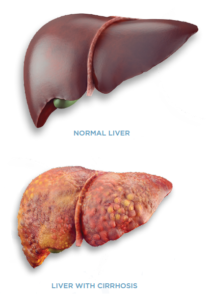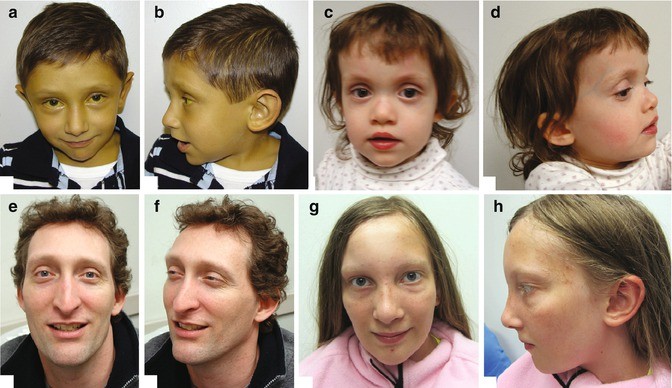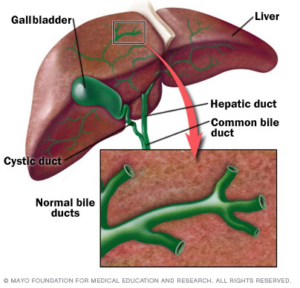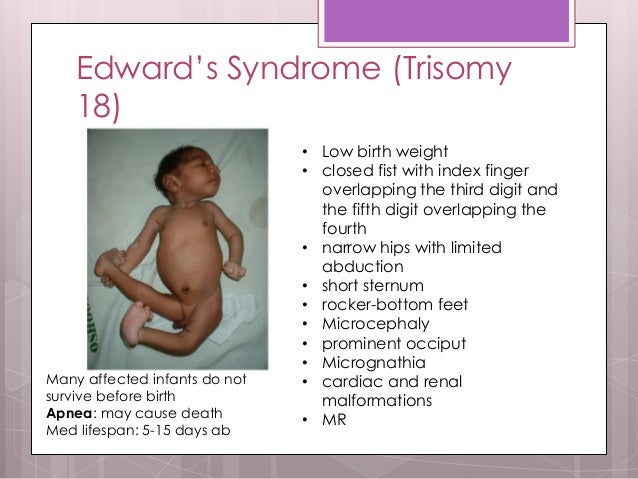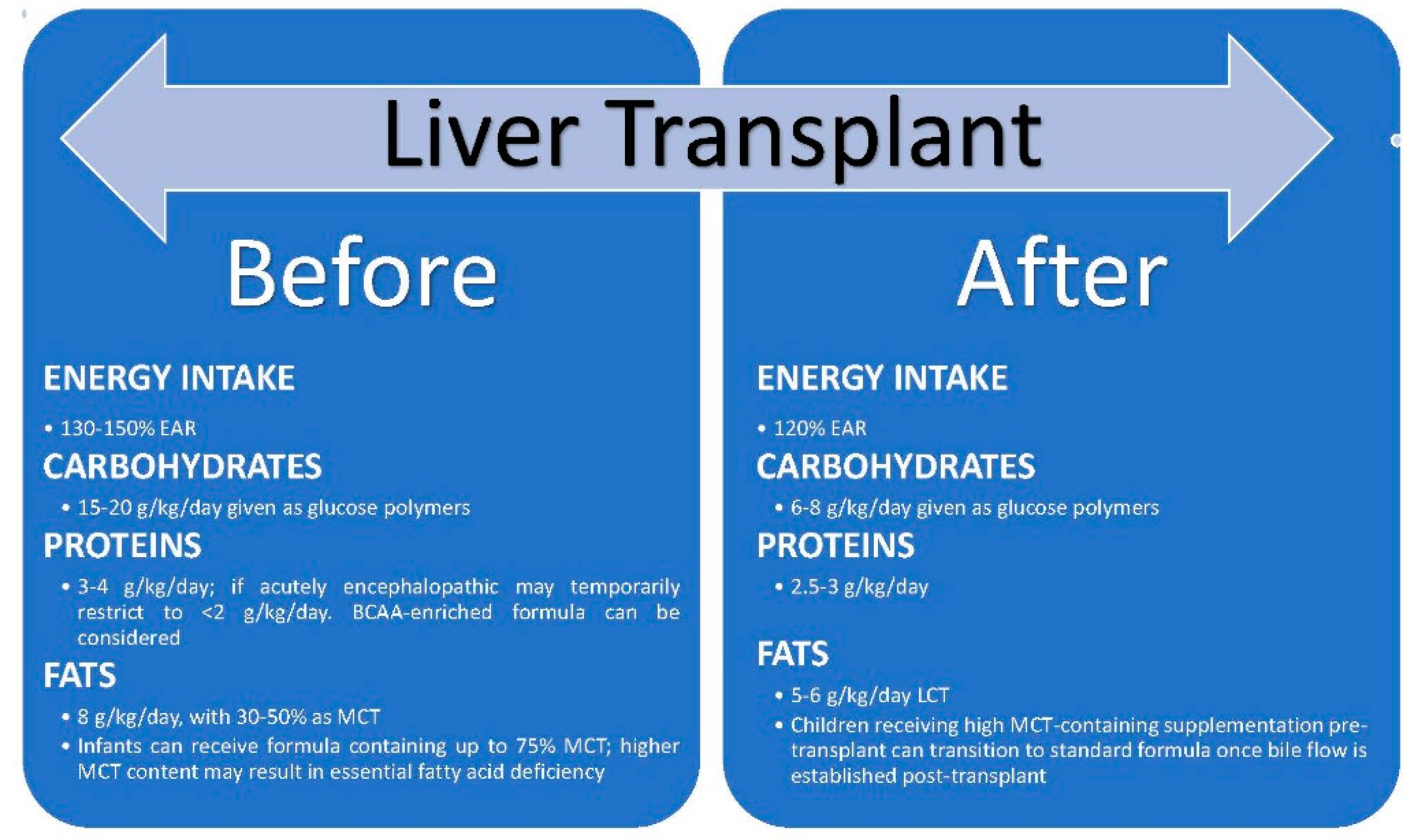Alagille Syndrome Lifespan

However if the disease is treated early enough the patients especially children can enjoy long and productive lives.
Alagille syndrome lifespan. However others have severe and even life threatening complications such as liver failure serious heart defects and bleeding or stroke due to blood vessel problems. Alagille syndrome life expectancy. The liver problems result from having fewer small bile ducts than normal in the liver. It damages your liver tissues and ultimately can cause your liver to fail.
Alagille syndrome can be associated with abnormalities of the liver heart eyes skeleton kidneys and other organ systems of the body. As bile builds up in the liver it may cause liver damage. As treatment options increase people with this condition live longer more comfortable lives especially if the condition is discovered early. Life expectancy of people with alagille syndrome and recent progresses and researches in alagille syndrome translated from spanish improve translation the hope of life with syndrome of alagille is still uncertain.
The most common signs and. However individuals with mild liver involvement may not be diagnosed until later in life. This leads to bile building up inside the liver which in turn causes liver scarring and damage. Life expectancy of alagille syndrome the life expectancy of the children sometimes reduced due to the criticality of the disease.
A main finding of alagille syndrome is liver disease that often becomes apparent within the first three months of life. About 75 of people diagnosed with the syndrome in childhood live to at least age 20. The prognosis is usually favorable but complications such as cirrhosis variceal hemorrhage refractory ascites and spontaneous bacterial peritonitis may occur. Alagille syndrome usually stabilizes between ages 4 and 10 years.
But if the liver is severely damaged and the transplantation does not take place at right time patients may have to the unfortunate death. Many people with alagille syndrome have only mild symptoms and can lead normal lives with normal life expectancy. Alagille syndrome is a genetic syndrome that can affect the liver and other parts of the body. The severity of liver disease in alagille syndrome typically peaks by 3 to 5 years of age and often resolves by 7 to 8 years of age.
When hepatic failure and or cardiac lesions are present mortality risk is increased. Approximately 15 percent of patients with alagille syndrome require liver transplantation. People with mild effect of syndrome can however live normal life. Alagille syndrome is a genetic disorder that may affect many different parts of the body including the liver.

